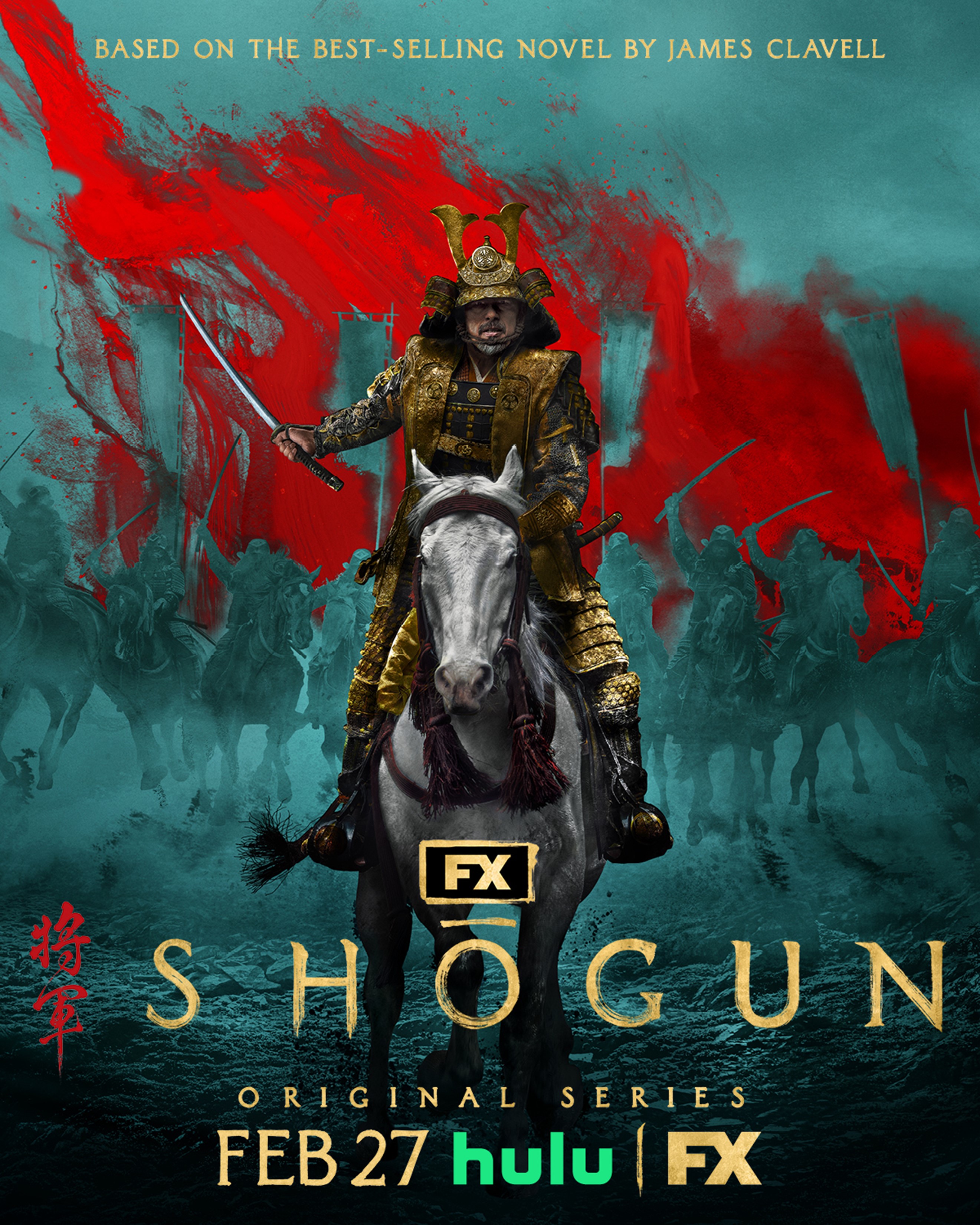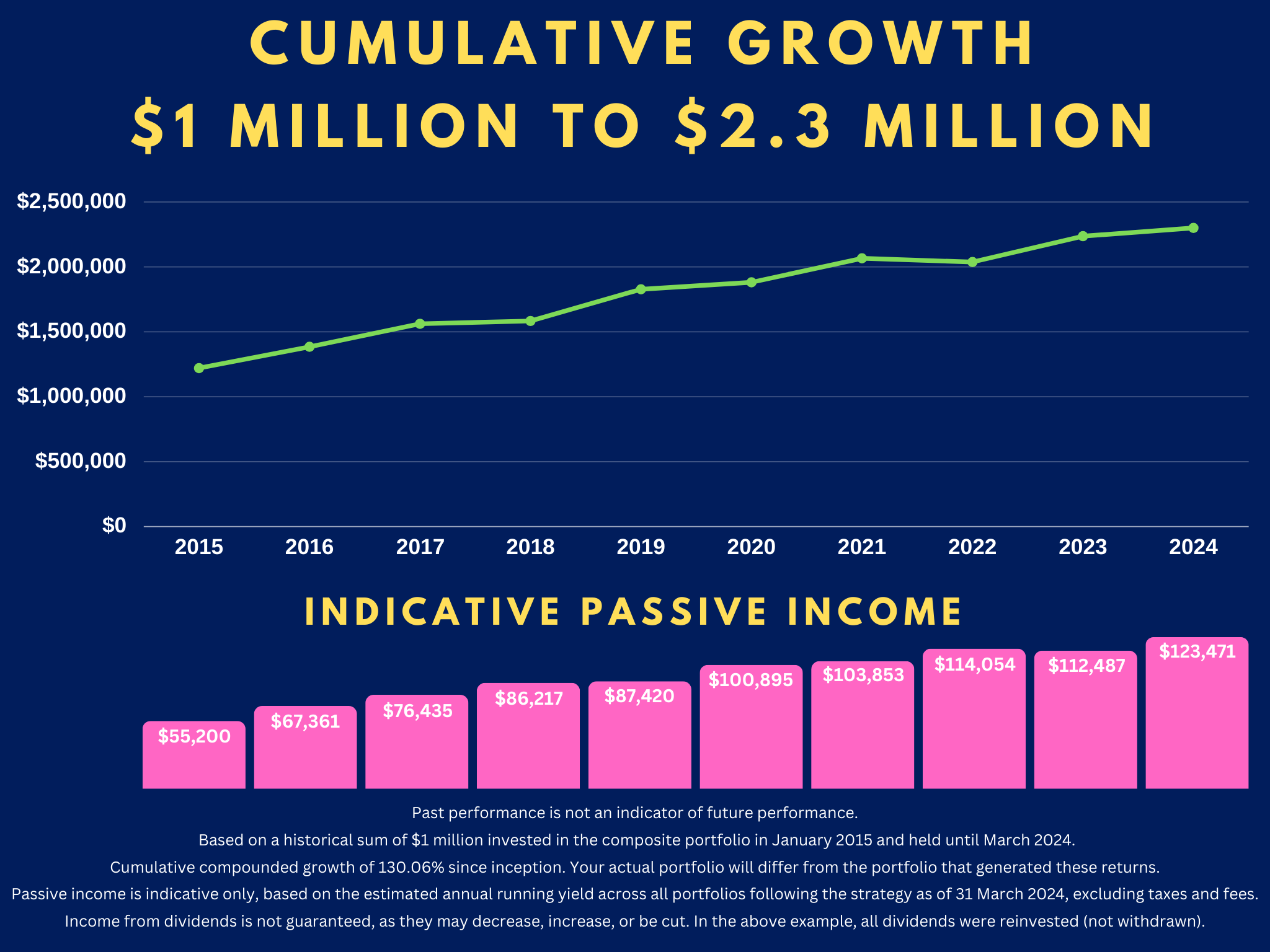When I am weaker than you, I ask you for freedom because that is according to your principles; when I am stronger than you, I take away your freedom because that is according to my principles.
—Frank Herbert
Over this past month, I’ve been watching two dramas.
They’re fictional, yes, but with real-world relevance.
They have made me think deeply about the nature of politics and power.
Here’s why I have found these stories so fascinating.

Source: IMDb
Dune: Part One and Dune: Part Two are the latest film adaptations of Frank Herbert’s classic novel:
- The plot is set 20,000 years into our future. Two aristocratic families — House Atreides and House Harkonnen — are fighting for control over the desert planet of Arrakis.
- This is the only place where a precious commodity — a spice known as mélange — can be found and harvested. So, whoever controls the spice will control the fate of the universe.

Source: IMDb
Meanwhile, Shogun is the latest television adaptation of James Clavell’s classic novel:
- This plot is set 400 years in our past. It shows the historical contest between European Catholics and Protestants as they struggle to expand their trade and influence in East Asia.
- At the same time, several Japanese noble lords are battling each other for the ultimate prize: the rank of shogun. Whoever achieves this will become as the undisputed military dictator of Japan, able to decide the fate of the nation.
Certainly, these two stories couldn’t be more different in tone and setting:
- Dune is a sci-fi epic.
- Shogun is a historical adventure.
- However, what is striking to me is that these stories say exactly the same thing: it’s feudalism, not democracy, that seems to be the driving force behind human society.
Frank Herbert, the author of Dune, has a controversial opinion about feudalism:
‘We tend to fall into it, given any chance at all, given the proper stresses or given the proper lack of stresses, and I think we could extract away from that notion that we have many more feudal or tribal aspects in our society than we might’ve otherwise thought about it.’
The evolution of a political system
So, what exactly is feudalism? Well, here’s how it first emerged in medieval Europe:
- At the end of the 5th century, the Western Roman Empire had fallen. This meant that Europe no longer had a strong central government. The social order was smashed. Communication was fragmented. Movement was restricted. Which meant that individual kingdoms were now left isolated and forced to fend for themselves.
- To make matters worse, hostile groups like the Vikings were carrying out raids throughout the continent. They were killing, plundering, burning. These invasions destabilised the geopolitical environment even further.
Indeed, in the words of Thomas Hobbes, life was ‘nasty, brutish, and short.’ These were desperate times, which called for desperate measures:
- By the 9th century, a decentralised form of government appeared to be the answer to Europe’s problems. And naturally enough, feudalism was born.
- The hierarchy went like this. A royal monarch would hold ultimate authority over a kingdom, but in practice, the monarch’s power was actually quite weak. So he had to rely on noble lords to rule parcels of land — known as fiefs — in his name.
- The nobles, in turn, would subdivide the land and give them to a professional warrior class — known as knights — to manage on a day-to-day basis.
- At the very bottom of the hierarchy were the peasants or serfs. These were the common folk who were bound to the land. Farming. Harvesting. Paying taxes.
So, yes, feudal society was structured a lot like a pyramid. Every person had his role. Every person had his place. And everyone’s responsibilities were neatly spelled out and interlocked:
- In this way, agriculture was safeguarded. The kingdom could comfortably feed itself. More importantly, military strength could be raised to deal with external threats immediately.
- This was a system of reciprocal obligations. It was about mutual protection. Mutual benefit. All this served to create stability.
- You must remember: in those days, there was no such thing as free trade or freedom of movement. So self-sufficiency was not only desirable but necessary. Every kingdom had to make do with the limited resources at their disposal.
So, was feudal society a good thing? Was it positive? Well, like most things in life, it’s complicated:
- Yes, you had romantic ideals like chivalry, honour, and loyalty. Daily life was deeply rooted in a particular code of conduct. Everyone knew their role. Everyone accepted their place. This created a strong sense of identity and solidarity, keeping chaos at bay.
- But you also shouldn’t forget that there was a darker side to this. Under feudalism, a person’s position in life was fixed. There was no social mobility. No ifs. Not buts. So, if a man was born a peasant, his fate would be forever tied to the land, with no chance to improve his economic standing.
- Likewise, his children and grandchildren would inherit the same raw deal. They couldn’t ever leave the land. They were stuck permanently. Which is a distressing thought, isn’t it?
Now, here’s another important fact to consider. Because everyone was so focused on immediate survival, they usually ignored other long-term matters like science and trade. There was a distinct lack of ambition:
- So, you can understand why the term ‘Dark Ages’ is often used to refer to the feudal age in Europe. Understandably, folks back then barely had time to dream, let alone create.
- Sadly, free thought was stifled. So technological progress and economic growth was painfully slow. The fractured nature of feudalism meant that people seldom, if ever, saw the big picture.
The beginning of the end
Now, one of the most important events that happened during this time was the Black Death. It was a bubonic plague which ran between 1346 to 1353:
- For seven years, this ‘great pestilence’ rocked Europe to its core. It may have killed as many as 50 million people, or up to 60% of the population at the time.
- The scale of the disaster would give rise to rumour and superstition. The Jews, in particular, were singled out for blame. Were they responsible for poisoning the wells? Were they polluting drinking water on purpose in order to spread the illness? Was witchcraft and devil worship involved? Based on such hearsay, mob violence was unleashed, and innocent Jewish communities throughout the continent suffered greatly.
- This was a senseless tragedy. With the benefit of hindsight, we now know the truth. The bubonic plague was actually a bacterium. It had originated in China before arriving in Europe through flea-infested rodents. Then it began spreading like wildfire.
- Of course, at the time, no one could possibly have understood this. Medical knowledge was lacking, and so was hygiene. Furthermore, Europe was simply too fractured, too divided. The different kingdoms weren’t able to mount a rational response to the plague.
However, as horrible as the Black Death was, it did produce an unexpected silver lining. You see, it actually helped to weaken the feudal system. Here’s how:
- Because of this disaster, an enormous number of peasants died in the 14th The poorest and weakest were the most badly affected. And the European population wouldn’t recover to its original level until the 16th century.
- This created a critical shortage in the workforce. Which meant that the surviving peasants could actually demand higher wages and better rights in return for their labour. This was a simple case of supply and demand; push and pull. The noble lords had no choice but to give into them.
- Meanwhile, the royal monarchs had begun to consolidate their power. Building nationalised armies. Creating centralised bureaucracies. This meant that the monarchs could reduce their reliance on the nobles.
- Furthermore, an emerging merchant class was gaining strength in the towns and cities. They brought with them a new form of wealth generation: trade. Indeed, these merchants were hungry for social mobility and creative freedom. So they lobbied hard for institutional change.
- Because of their efforts, the accumulation and control of capital — rather than land itself — became the driving force for the European economy. Slowly, surely, this eroded the influence of the noble lords. Putting an end to the old order of feudalism. Turning a fresh page on history.
- The Renaissance, the Enlightenment, and the Industrial Revolution would transform the social landscape even more in the centuries to come. New ideas about personal liberty, property rights, and representative democracy would spread, gaining popularity.
The situation today
My own observation is that we have made more progress in the last 500 years than in the last 5,000:
- For example, in our modern era, we tend to take for granted how the United States has used its naval power to create a free-flowing system for global trade. Deterring piracy. Protecting merchant shipping. This is the reason why you can find a can of Coke in Jakarta, just as easily as you can find a can of Coke in Cape Town.
- We also take for granted how easy it is to for us to uproot and resettle, as we please. One statistic appears to suggest that New Zealanders are the most transient people on the planet. Many of us migrate internally or externally, crossing borders without a second thought.
- We also don’t realise how greatly our human condition has improved. For example, here’s an intriguing fact: as recently as 1900, the global life expectancy was 32. Today, that number is over 71, which has more than doubled.
- Also, in 1900, only 21% of the global population could read and write. Today, that number is over 87%, which has more than quadrupled.
By any measure, we are healthier, wealthier, and more mobile than we ever have been. What was once the sole privilege of aristocrats and royals is now available to common people everywhere:
- But be warned. That’s not to say that the spectre of feudalism is dead and buried. The truth is that it is always at risk of resurrecting itself. Making a sudden comeback.
- Indeed, tribalism seems to be our default mode whenever we feel stressed and threatened. Most tellingly, our recent Covid pandemic has revealed some major fault lines in our society.
- Some people believe that government control is good. Some people believe that government control is evil. And some people, well, they just sit on the fence. Perhaps they are just relieved that Covid wasn’t the Black Death.
- Nonetheless, ask yourself: are feudal lords taking root in our society once more? Are they creating their own exclusive domains? Are they starting to treat the common people as peasants?
- Also, ask yourself: are the free-thinking merchants of today justified in pushing back against restrictions and regulations? Are they justified in championing liberty and innovation? Do you fancy yourself being one of these courageous merchants?
If so, history may serve as your guide. William H. Hastie, America’s first federal judge of African descent, has this to say:
‘Democracy is a process, not a static condition. It is becoming rather than being. It can easily be lost, but never is fully won. Its essence is eternal struggle.’
If you believe your freedom is at stake, this is the time to act
Here at Wealth Morning, our mission is to help Eligible and Wholesale Clients:
- It’s about protecting wealth. Growing wealth. Securing passive income.
- As a matter of urgency, our goal is to diversify our clients immediately. We aim to buy high-value assets across Australia, Europe, and America.
- It’s about building a longer runway. Gaining a better horizon. Achieving more freedom.
- So, if you’re frustrated with small-minded feudal politics in New Zealand, maybe it’s time to find a better place for your capital?
🎯 Apply for Your Consultation Now.
Regards,
John Ling
Analyst, Wealth Morning
(This article is the author’s personal opinion and commentary only. It is general in nature and should not be construed as any financial or investment advice. Past performance does not indicate the future. Wealth Morning offers Managed Account Services for Wholesale or Eligible Investors as defined in the Financial Markets Conduct Act 2013.)






John is the Chief Investment Officer at Wealth Morning. His responsibilities include trading, client service, and compliance. He is an experienced investor and portfolio manager, trading both on his own account and assisting with high net-worth clients. In addition to contributing financial and geopolitical articles to this site, John is a bestselling author in his own right. His international thrillers have appeared on the USA Today and Amazon bestseller lists.